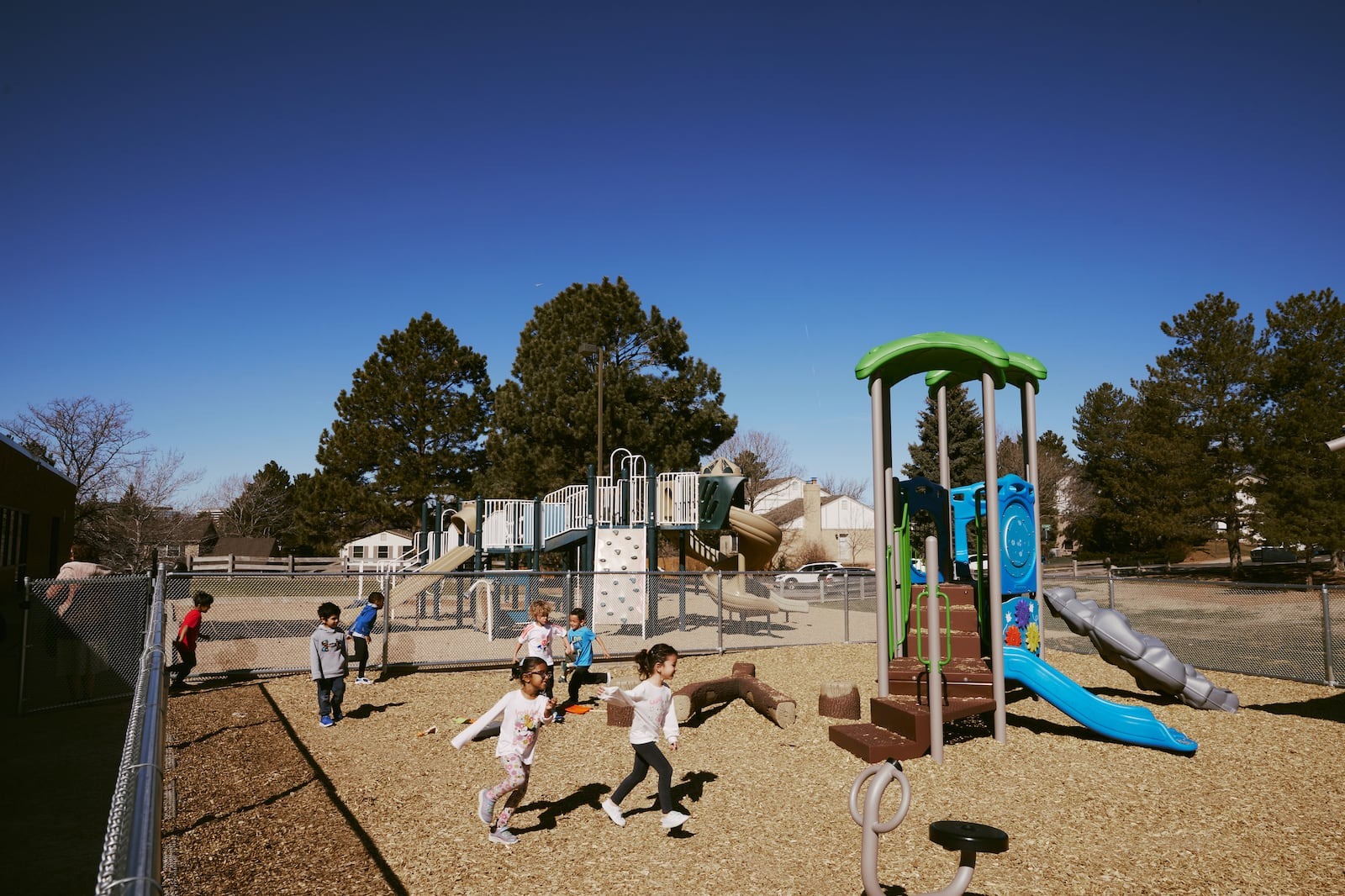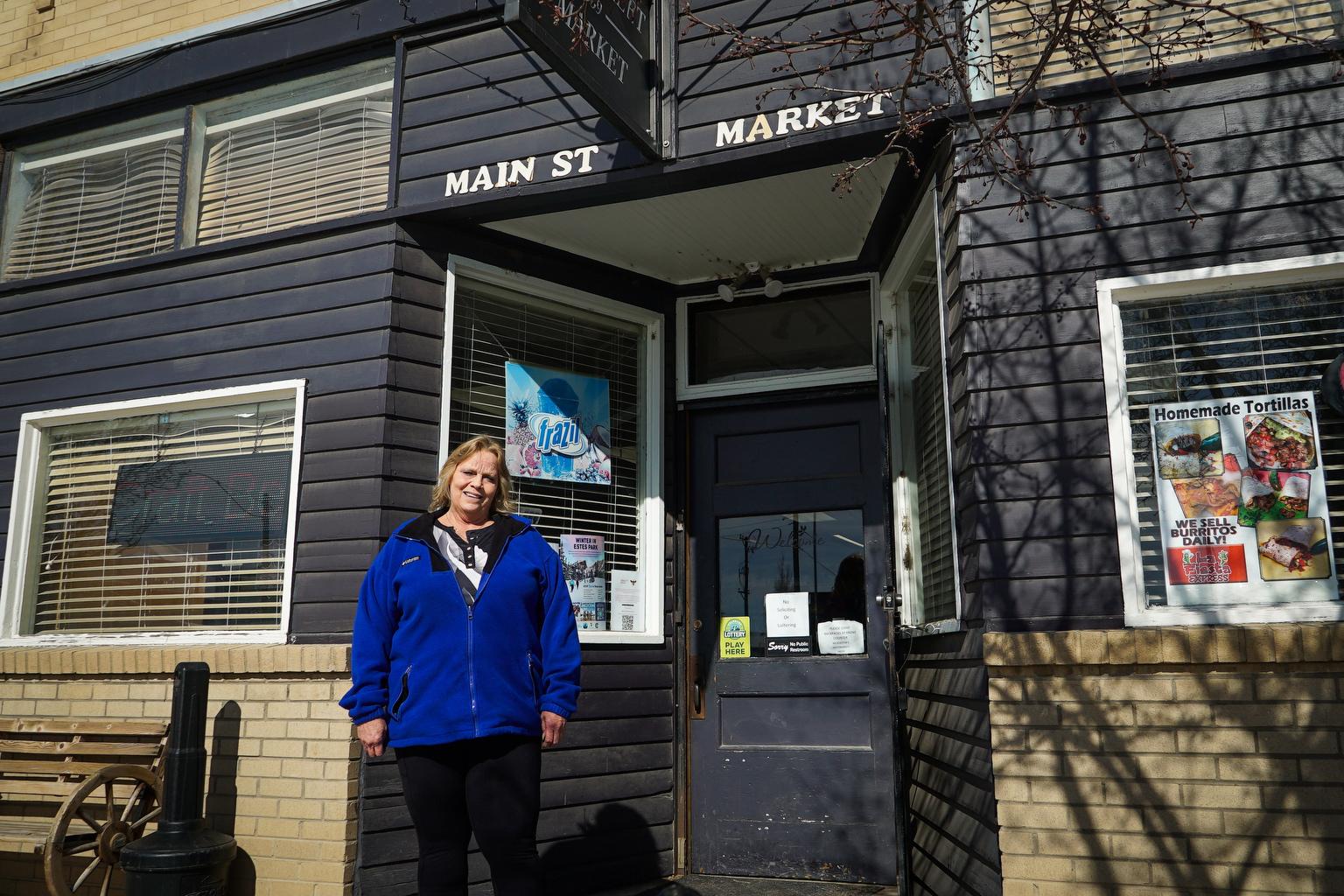
This story was originally published by Chalkbeat. Sign up for their newsletters at ckbe.at/newsletters.
By Ann Schimke, Chalkbeat Colorado
Colorado already has lots of special districts that levy taxes for things like fire protection, water sanitation, and libraries. But what about for early childhood programs?
Leaders of the tony Aspen ski resort advocated for a 2019 Colorado law that allows communities to band together to create special districts for that purpose since it can be hard to find child care in that area of western Colorado. Plus, the options available can be expensive for the resort’s employees.
But solving those problems requires regional cooperation since lots of workers live “downvalley” in places like Carbondale and Glenwood Springs, but work “upvalley” in Aspen, one county over, said Maggie Tiscornia, who heads the Confluence Early Childhood Education Coalition.
That’s why her group has led the charge to create one of the state’s first special districts to levy property or sales taxes for early childhood efforts. Another group is trying for a special district on the Front Range. Both will have to win approval from commissioners in each county included in their district’s proposed boundaries before they can ask voters to sign off.
Special taxing districts for children’s services exist in Florida and Missouri. They’ve been possible for five years in Colorado, but none exist yet. While cities and counties already had the ability to levy taxes for preschool or child care, special districts allow communities to take a regional approach to early childhood needs, which, depending on where families live and work, can quickly spill over the boundaries of a single jurisdiction.
Advocates say the special districts can make child care more accessible, affordable, and higher quality by subsidizing teacher training, boosting wages, and helping families cover tuition costs. They say such districts aren’t a cure-all for the underfunded early childhood sector, but can be a partial fix in some communities.
“The biggest thing we see in Colorado writ large is it’s hard to pass things statewide,” said Jason Callegari, senior program officer at the Buell Foundation, an early childhood funder based in Denver. “So, if this is a tool that can get folks to buy into a localized solution, that can be really helpful.” (Chalkbeat receives funding from the Buell Foundation.)
While Colorado did pass a statewide nicotine tax in 2020 to help fund free preschool for 4-year-olds, several other statewide ballot initiatives for education have failed, including in 2019, 2018, 2013, and 2011.
Callegari said the foundation recently created a toolkit and has grants available to help Colorado communities secure dedicated local funding for efforts focused on young children, including through special districts. Although special taxing districts for early childhood are now allowed in the state, there are reasons none have come to fruition yet, he said.
“Special taxing districts are not easy,” he said. “You need to have a lot of governance expertise to figure out how to cross the t’s and dot the i’s.”
Olivia Allen, vice president of strategy and advocacy at the Children’s Funding Project, said local tax levies for early childhood — whether in special districts or a single municipality — can help build trust among voters and momentum for broader public investments.
“These local measures ladder up to state-level support and successes,” she said.
Boulder-St. Vrain leaders seek child care funding again
The push to create a special district encompassing most of the Boulder Valley and St. Vrain Valley school districts grew out of a narrower effort in 2019 aimed at doing more for young children in Longmont, a city of 100,000 where the St. Vrain Valley district is based.
As more nonprofits and government representatives came to the table, leaders realized that focusing just on Longmont risked leaving out too many non-resident children and families who have school or work ties in the area, said Tim Waters, a former Longmont City Council member and a co-founder of the Early Childhood Alliance, the group spearheading the special district.
The group eventually broadened their focus to the two school districts, specifically the portions in Weld and Boulder counties. Leaders excluded a small portion of the St. Vrain Valley district in Larimer County, as well as pieces of the Boulder Valley district in Gilpin and Broomfield counties, to avoid having to win approval from five counties for the new district.
But even with just two counties in the mix, the plan was ambitious.
“We made the decision to go big or go home,” Waters said.
The alliance sought to raise about $60 million a year through a 5 mill property tax levy — the equivalent of $5 worth of tax per $1,000 of assessed value. The money would help child care providers raise teacher wages, expand childhood mental health services, provide more services for children with disabilities, and provide child care subsidies to families, especially for infant and toddler care.
Their bid failed after Boulder County commissioners rejected the plan in 2023, before voters could consider the proposal.
This time around, Waters said, “we’ll make a smaller ask with a more focused scope of work.”
He said the group’s plan for using special district funding will be similar to the first time, though they will seek a levy of less than 5 mills in 2025, He also said they’ll include a sunset date instead of asking to make the tax permanent from the outset.
Rural resort region seeks to bolster child care
A coalition of business, government and nonprofit leaders in the Roaring Fork and Colorado River valleys hopes to create a special district that would raise $10 million a year to help families find child care, provide sliding-scale child care subsidies, and help local providers improve quality.
The district would stretch 84 miles from Aspen to Parachute, and include Pitkin and Garfield counties, and part of Eagle County.
“Our region is very economically and socially interconnected,” said Tiscornia, of the Confluence Coalition. “It really doesn’t make a lot of sense to look at one subregion and provide supports there.”
Hannah Berman, senior manager of sustainability and philanthropy at Aspen Skiing Company, said resort leaders advocated for the 2019 special district law and belong to the coalition because child care — like housing — is a major financial and logistical struggle for many of their 4,000 employees, particularly women.
A recent coalition report found that there are enough licensed child care slots in the region for 47% of children under 5, but that staff shortages prevent some of those seats from being filled.
In addition, child care for one preschool child eats up 15% to 18% of the median family income in the region — more than twice the 7% “affordability threshold” set by the federal government.
Berman said, “We want to make sure our employees and community members have a genuine option to stay in the workforce if they want to, and that means we need to improve child care access and affordability.”
Berman said the biggest challenge in creating a special district in the two valleys isn’t getting prospective voters to understand why child care is a big issue — recent polling shows they do — but rather persuading them to raise taxes. Many already feel stretched financially, she said.
That feedback was part of what prompted the Confluence coalition to hold off on pursuing a special district ballot measure this year.
Tiscornia said the coalition still has some key questions to answer before going forward with a ballot measure in 2025: What kind of tax should it be? What size should it be? And how many years should it last?
As one of the first early childhood special districts under consideration, she said, “it requires a really careful approach.”
Ann Schimke is a senior reporter at Chalkbeat, covering early childhood issues and early literacy. Contact Ann at [email protected].









